Over the years, I’ve encountered countless stories of young mothers, but tales like this serve as a stark reminder that the human body harbors mysteries we have yet to fully comprehend. Despite all the advancements in science, the human body continues to surprise us in unimaginable ways.
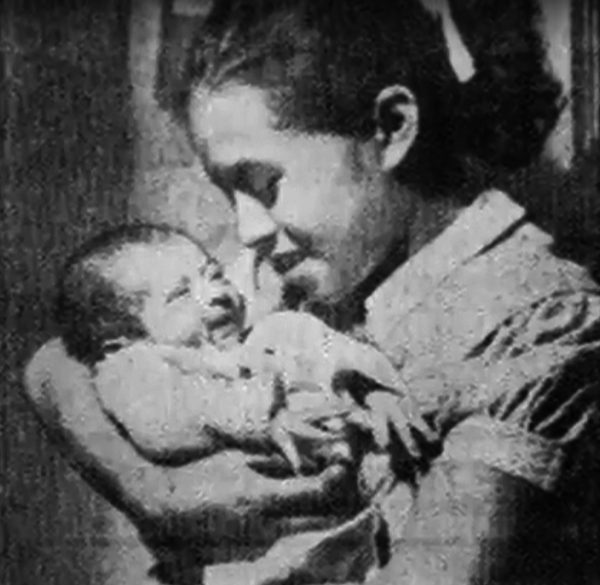
While teenage pregnancies are often challenging to discuss, child pregnancies are even more harrowing. These cases frequently involve the exploitation of minors, leaving a child to face the burdens of parenthood long before they are emotionally or physically prepared.
Such was the reality for Lina Medina, the youngest confirmed mother in medical history. Lina was just five years, seven months, and 21 days old when she gave birth to a son. Shockingly, the man responsible for her pregnancy was never brought to justice.
Born in 1933 in Ticrapo, a remote and impoverished town in Peru, Lina lived in modest conditions with her parents and eight siblings. When she was four, her father noticed her stomach expanding abnormally, and whispers about her condition spread through the village. Many believed a “demon” was inside her. Her father sought the help of healers and shamans, but nothing worked.
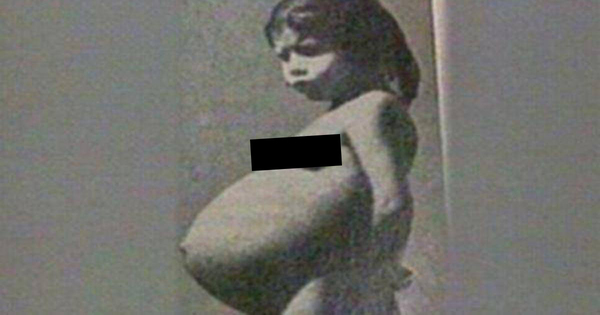
Eventually, the family feared Lina might have a tumor. They walked to the city of Pisco to seek medical help, where they met Dr. Gerardo Lozado. Like Lina’s parents, Dr. Lozado initially suspected a tumor, but further examination revealed an astonishing truth: Lina was seven months pregnant.
The discovery baffled Dr. Lozado, who called in specialists from Lima for confirmation. On May 14, 1939, Lina gave birth via Caesarean section to a healthy baby boy weighing 6 pounds (2.7 kg) and measuring 19 inches (48 cm). The child was named Gerardo in honor of the doctor who delivered him, as reported by the New York Post.
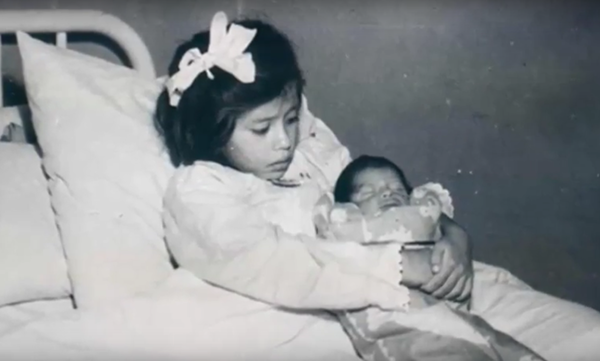
News of Lina’s extraordinary pregnancy spread worldwide, making headlines even amidst the turmoil of World War II. Despite numerous offers from foreign medical institutions to study her case, Lina’s parents refused to exploit her situation. Peru’s then-president, Oscar Benavides, enacted a law to protect her from financial exploitation and promised the family a lifetime grant—a promise that sadly went unfulfilled.
In Lina’s hometown, she was regarded as a “virgin Mary,” and some believed her son was the offspring of a sun god. Authorities, however, launched an investigation, suspecting her father of sexual abuse. He was detained briefly but released due to a lack of evidence.
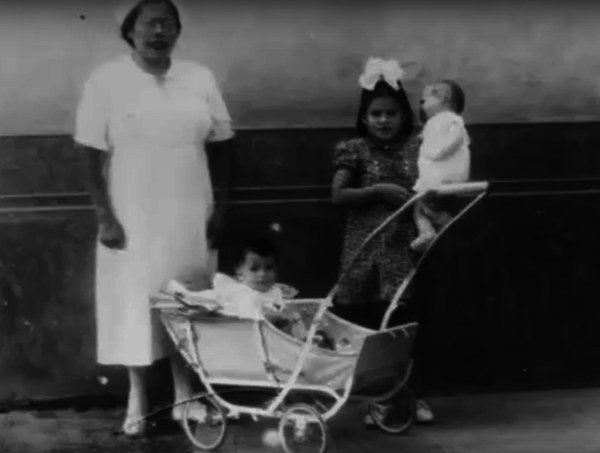
Attention then turned to her mentally ill brother, and later to the family gardener, who mysteriously disappeared after Lina’s pregnancy was confirmed. To this day, the identity of the perpetrator remains unknown, and Lina has steadfastly refused to discuss the matter, despite relentless press inquiries.
Medical experts later determined that Lina suffered from a rare hormonal disorder affecting the pituitary gland. According to the American College of Obstetricians and Gynecologists, Lina experienced her first menstrual cycle at just eight months old and was already in puberty by age four. By the time she gave birth, her body resembled that of a fully developed adult woman. Her case remains unparalleled, except for a similar instance in Russia.
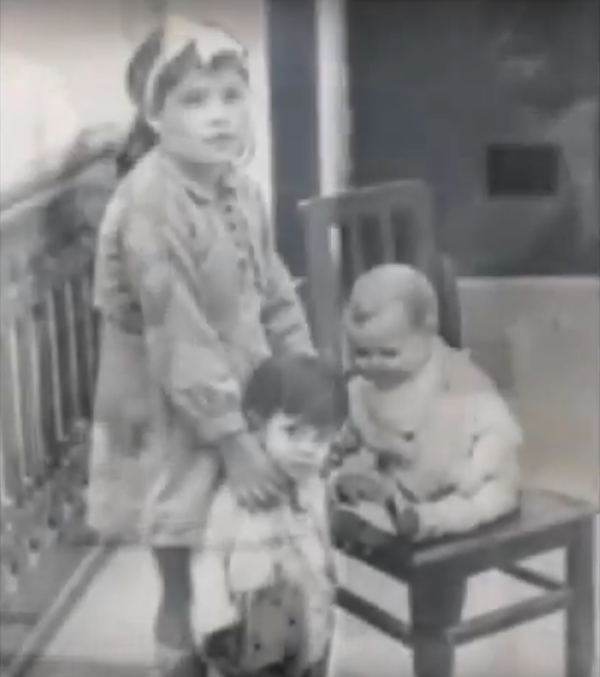
As a child herself, Lina couldn’t care for her baby, so Gerardo was raised by his grandparents. For years, he believed Lina was his sister, only learning the truth when he turned 10.
Life was anything but easy for Lina, but she found a guardian angel in Dr. Lozado, who later employed her as a secretary in his clinic. In her adult years, Lina married Ricardo Jurado and had her second child at age 38. Tragically, her first son, Gerardo, passed away at 40 from a bone marrow disease.
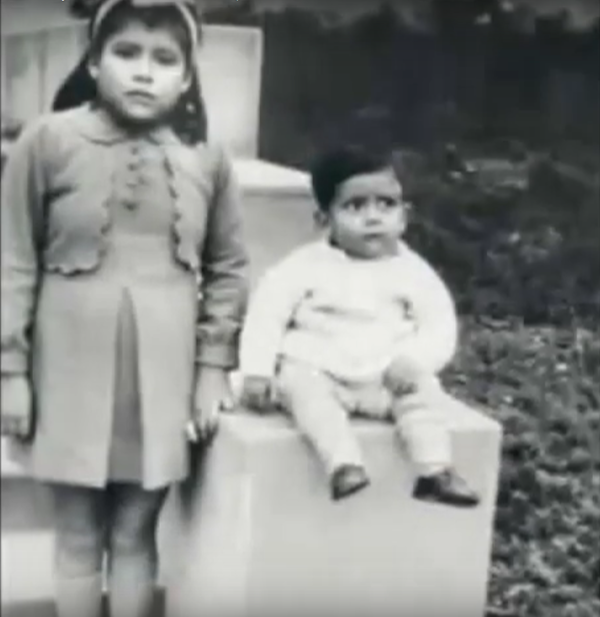
After spending several years in Mexico, Lina and her family returned to Peru, settling in a dangerous Lima neighborhood nicknamed “Little Chicago.” The government later demolished their home in the 1980s to build a highway.
In 2002, Lina’s luck seemed to take a turn when gynecologist José Sandoval advocated for her to receive the grant she had been promised decades earlier. Thanks to his efforts, Lina finally received the financial support she had long been denied.
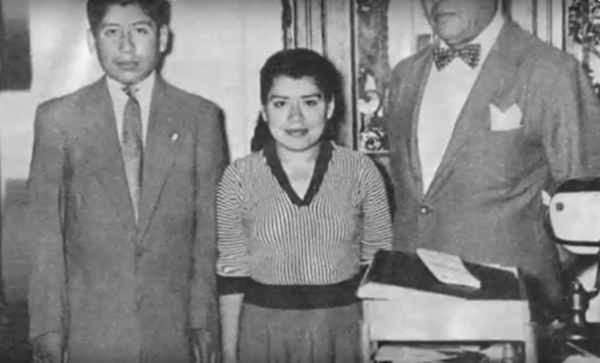
Over the years, Lina became increasingly reclusive, her husband attributing this to the relentless pursuit of journalists eager for any details about her life. Even now, at the age of 91, Lina has never agreed to an interview, choosing to maintain her silence and protect the secrets of her extraordinary story.
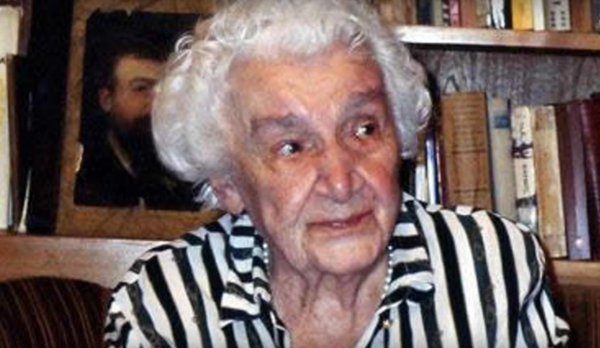
It’s impossible to fathom the hardship Lina endured as a child giving birth and becoming a mother. Her resilience is remarkable, but the fact that the person responsible for her suffering was never brought to justice remains deeply unsettling.
